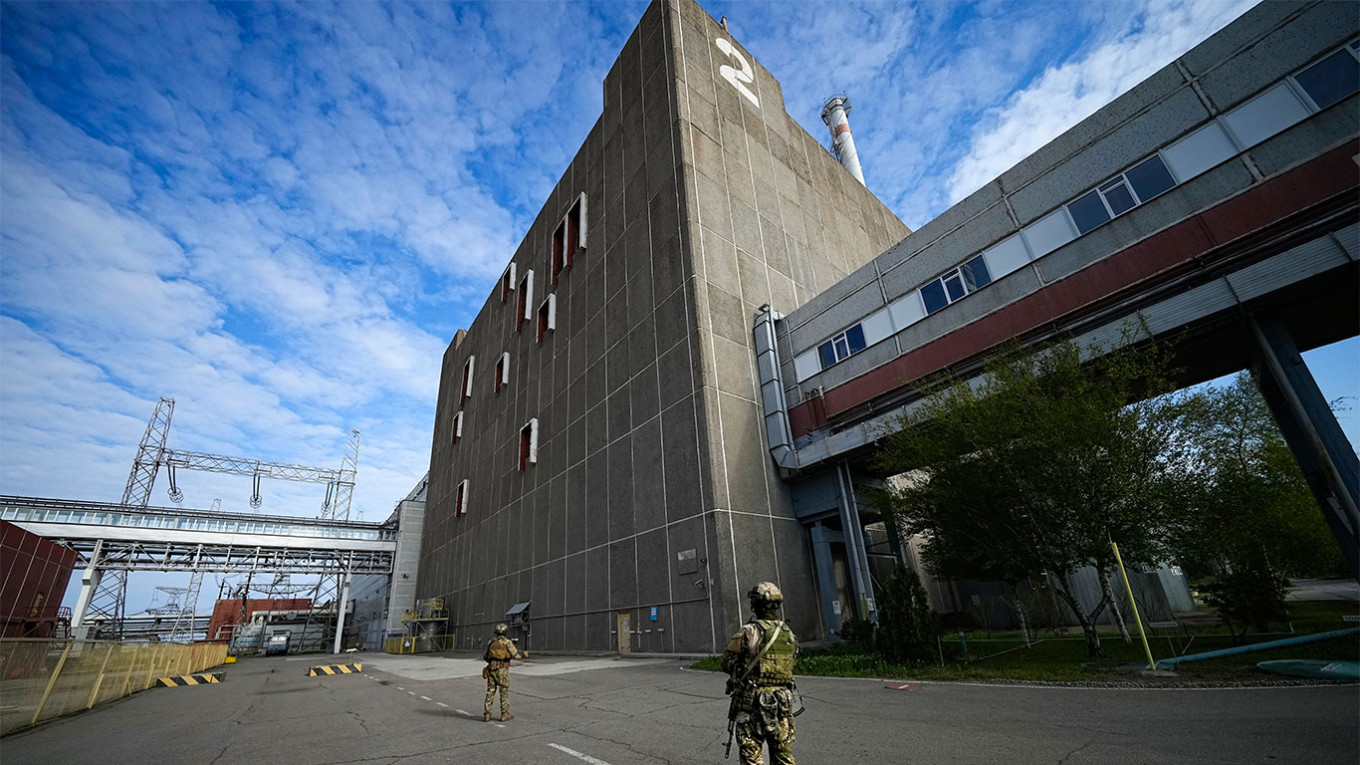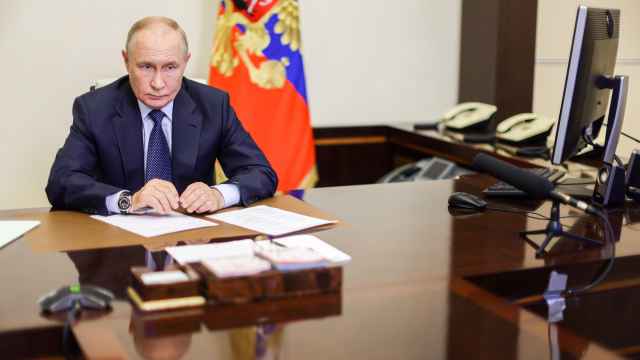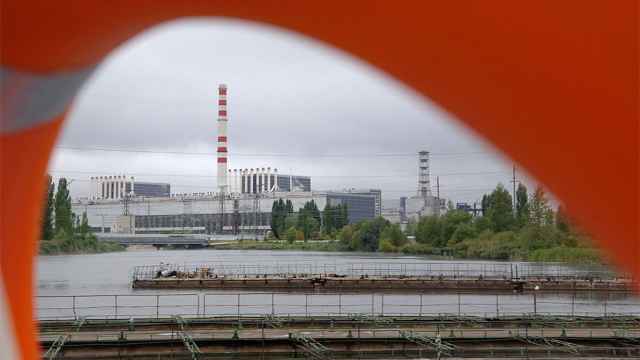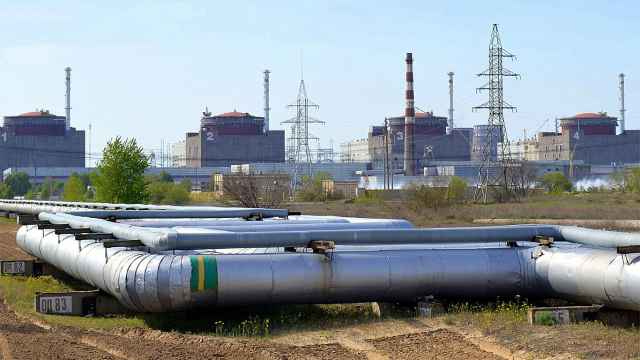Military activity near the Zaporizhzhia nuclear power plant in southeastern Ukraine has caused increasing concern in recent days as cases of shelling rise and experts warn that the risks of a serious nuclear incident are very real.
“Any attack to nuclear plants is… suicidal,” United Nations Secretary-General Antonio Guterres said last week, as he called for International Atomic Energy Agency (IAEA) inspectors to be given access to the site.
Moscow and Kyiv have traded blame over strikes.
Ukrainian officials said last week 14 people were killed in one attack near the plant that damaged a pumping station and radiation sensors. Russia has accused Kyiv of “nuclear terrorism.”
Why is the Zaporizhzhia nuclear plant important?
Located on the Dnipro river, the Zaporizhzhia nuclear power plant is the largest nuclear complex of its kind in Europe and among the 10 largest in the world.
The facility has been under the control of Russian forces since they seized it in March, but it is still operated by technicians from Ukraine’s state nuclear company Energoatom.
Energoatom said last week that Russian forces were preparing to connect the plant to Crimea, annexed by Russia in 2014, and were damaging the plant by reorienting its electricity production. Located about 200 kilometers from the Crimean peninsula, the plant has six of Ukraine’s 15 reactors and is able to supply power to 4 million homes.
What is the situation at the moment?
While the plant has six reactors, only two are currently operating, Ukraine’s Energoatom said earlier this month. The IAEA said it has not been able to visit the plant since before the war began, but confirmed two reactors are currently connected to the grid.
Ukraine has said that three power lines at the facility were damaged and that “the plant is operating with only one production line, which is an extremely dangerous way of working.”
Russia has been accused of deploying 500 soldiers and positioning rocket launchers in the area — using the nuclear plant as a shield. Recent footage published by investigative journalists apparently shows military vehicles being driven inside the complex.
Moscow-installed officials in the Zaporizhzhia region have repeatedly said that Ukrainian forces are responsible for the strikes on the plant.
Vladimir Rogov, a member of the pro-Russian regional administration, said Friday that the plant has had to reduce production and that it might be mothballed if shelling continues.
The same day, Rogov said a Ukrainian rocket landed 10 meters from the nuclear waste storage, but that the plant had not sustained any critical damage.
On Monday, the Russian-installed authorities proposed a ceasefire in the surrounding area.
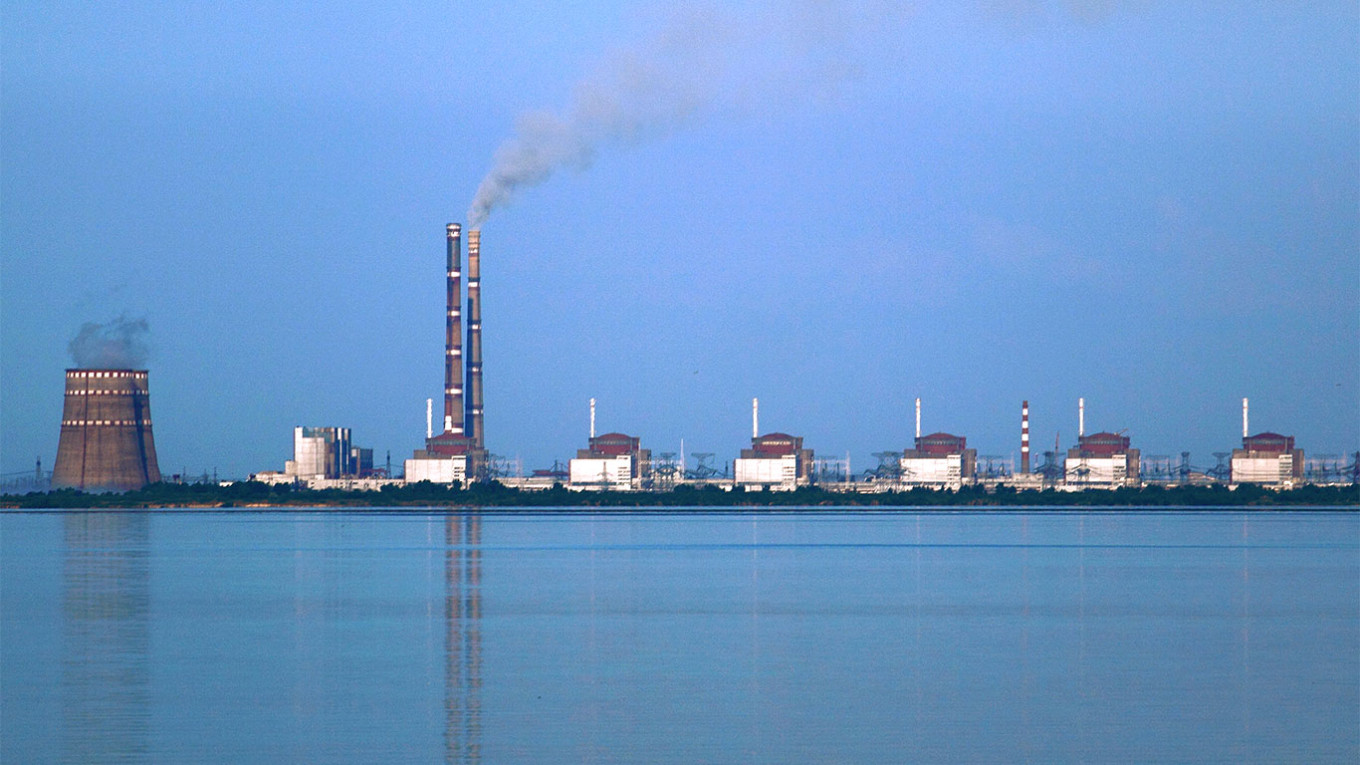
What would a nuclear incident look like?
The situation at Zaporizhzhia has brought back memories of the 1986 Chernobyl nuclear disaster in Soviet Ukraine in which hundreds of people were killed and injured and radioactive contamination spread across Europe.
Similarly, nuclear energy experts warn that any nuclear incident would affect not just Ukraine but also neighboring states, including Russia, Moldova, Belarus, Romania and Bulgaria.
Damage to critical infrastructure, including the reactors, is possible as a result of the fighting, said Andrei Ozharovsky, a radioactive waste safety specialist at the Russian Social-Ecological Union.
“In case of an external force — like an intentional or unintentional missile strike — the primary circuit of the nuclear power plant could be damaged,” he said, adding that such kind of damage could affect the reactor pressure vessel and lead to an explosion.
“In case of an explosion — given the fact the plant is located near the river — a radiation release would potentially affect hundreds of kilometers around the plant,” Ozharovsky told The Moscow Times by phone.
However, radiochemistry expert Boris Zhuikov said a disaster on the scale of Chernobyl is unlikely as the plants have two very different types of reactors.
“It’s very difficult to destroy the reactor even intentionally — it has to be repeatedly hit at the same spot, but even then, the scale of the catastrophe would be different,” Zhuikov said.
“The Zaporizhzhia plant has better protection and there are currently only two working reactors — these factors reduce potential risks. But, of course, a missile strike can lead to a serious accident,” he said. “The scale of that accident would depend on many factors — how it would happen, how the plant staff would react, how quickly residents would be evacuated.”
“The question is not whether radioactive [elements] would get into the air and water. An increase in radiation background for a limited time doesn’t pose danger. The question is what kind of radioactivity and what amount of radioactivity,” Zhuikov added.
Is there nuclear waste stored at the plant?
Yes – and this poses another risk. According to experts, if shelling hit the nuclear waste stored at the Zaporizhzhia plant, it could cause a major leak.
“If missile strikes hit the nuclear waste storage, then [nuclear] pollution could spread through air and water,” said Ozharovsky.
Ukraine warned earlier this month that the plant stores 1,200 tons of nuclear fuel, adding that “contamination [in the event of an explosion] could be quite high.”
What has the international reaction been?
More than 40 countries have called on Russia to withdraw its forces from the plant and allow the UN's nuclear watchdog to carry out a verification process.
The IAEA has said it received contradictory information from Ukraine and Russia about the status of the facility, its operations and the damage it has sustained.
The international nuclear watchdog has repeatedly called for both sides to stop all military activity at the site, adding that there is “no immediate threat to nuclear safety” but the situation “could change at any moment.”
“I ask that both sides of this armed conflict cooperate with the IAEA and allow for a mission to the Zaporizhzhya Nuclear Power Plant as soon as possible,” said IAEA Director General Rafael Mariano Grossi last week. “Time is of the essence.”
A Message from The Moscow Times:
Dear readers,
We are facing unprecedented challenges. Russia's Prosecutor General's Office has designated The Moscow Times as an "undesirable" organization, criminalizing our work and putting our staff at risk of prosecution. This follows our earlier unjust labeling as a "foreign agent."
These actions are direct attempts to silence independent journalism in Russia. The authorities claim our work "discredits the decisions of the Russian leadership." We see things differently: we strive to provide accurate, unbiased reporting on Russia.
We, the journalists of The Moscow Times, refuse to be silenced. But to continue our work, we need your help.
Your support, no matter how small, makes a world of difference. If you can, please support us monthly starting from just $2. It's quick to set up, and every contribution makes a significant impact.
By supporting The Moscow Times, you're defending open, independent journalism in the face of repression. Thank you for standing with us.
Remind me later.



